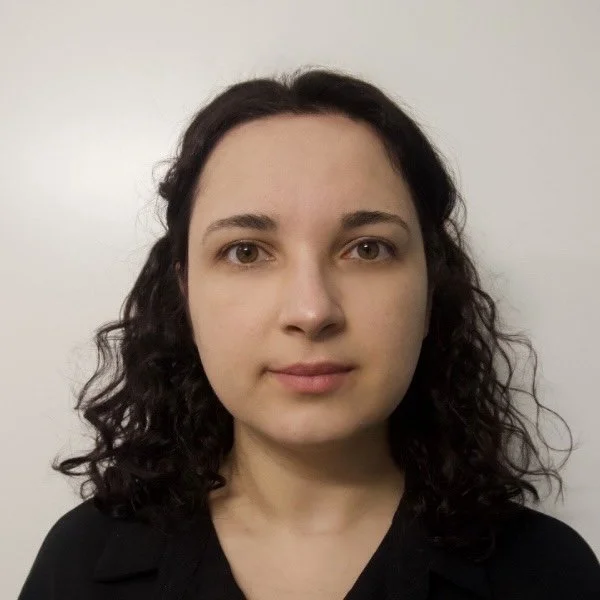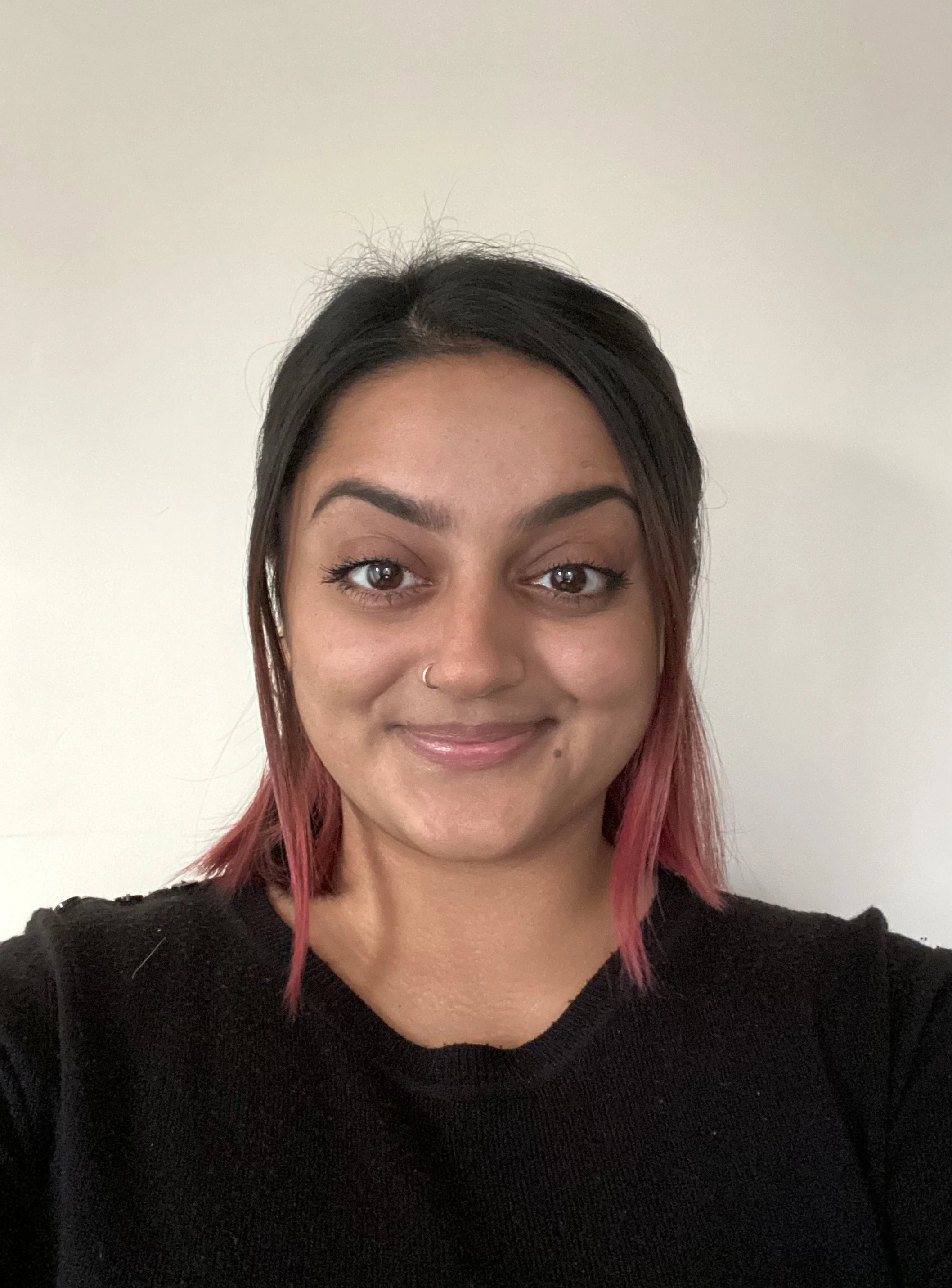The Current Lab
lwilcox@yorku.ca
Laurie M. Wilcox
I am a Professor in the Department of Psychology, and member of the Centre for Vision Research at York University, Toronto, Canada. I hold the York Research Chair in 3D Vision and am the Scientific Director for the VISTA CF-REF program.
I completed my graduate degrees at the University of Western Ontario, and joined York University in 1996. In my basic research program, I use psychophysical methods to reveal properties of the neural mechanisms which underpin stereoscopic depth perception. A recurring theme in my basic research is the stereoscopic interpolation of surfaces and the impact of this on suprathreshold depth perception. I am also interested in how and when stereoscopic depth information is used in more complex environments (both virtual and physical). I also have a strong interest in industry collaboration and have a number of ongoing projects with companies (Qualcomm) and organizations (VESA, DRDC).
Bob Hou
I am a senior research associate at The Wilcox Lab. I am keenly interested in helping people enjoy science and am committed to making their lives easier.
yhou@yorku.ca
Brittney Hartle
hartleb@yorku.ca
I am a postdoctoral fellow at The Wilcox Lab. My current research focuses on the impact of perceptual biases on the accuracy of shape perception in virtual environments rendered in head-mounted display (HMD) systems. Given the potential of HMD systems as tools for vision science, clinical, and training applications, it is critical that content creators and users understand potential errors in shape perception due to constraints of human visual processing. I am also involved in a collaborative project with the University of Waterloo that focuses on evaluating the effectiveness of flight simulators to generate aviation-relevant visual illusions in pilot training. My previous applied research projects have focused on a variety of different industry sectors, including designing aviation-relevant perceptual tasks to assess binocular vision requirements in military aviation, preferences for depth and movement in 3D film, and measuring real-world visual distortions in augmented reality prototypes.
Domenic Au
domau@my.yorku.ca
I am a Ph.D. student in the Wilcox Lab. My current research involves assessing 2D and 3D interactions within augmented reality systems. More specifically, I am investigating how virtual information in AR systems are affected by stereo capture. I am also involved in a collaborative project with Video Electronics Standards Association (VESA) and Qualcomm Inc. This project focuses on evaluating whether compression algorithms are visually lossy when applied to stereoscopic, HDR content.
Arleen Aksay
arleen4@my.yorku.ca
I am a Ph.D. student in The Wilcox Lab. My current research involves investigating binocular single vision and perceptual organization. More specifically, I am assessing diplopia thresholds using stimuli presented in cluttered scenes and natural environments. I aim to evaluate diplopia perception with stimuli presented within virtual environments (i.e., the stereoscope and Head Mounted Displays), and within more naturalistic environments using a Physical Test Environment (PTE) My research is generously supported by the Vision: Science to Applications (VISTA) Doctoral Award.
Camille Proszanski
c23am@yorku.ca
I am a M.A. student in the Wilcox Lab. I had formerly completed my undergraduate honours thesis in the lab on the effect of degrading binocular disparity on the integration of motion parallax and binocular disparity depth cues. My current research focuses on upper and lower visual field biases for complex 3D stimuli (objects and faces) in near and far space. I employ both psychophysical and fMRI methods to explore my research questions. My research is generously supported by the Vision: Science to Applications (VISTA) Master's Award and OGS.
Teo Neagu
tneagu@yorku.ca
I am a Research Coordinator at the Wilcox Lab! It is my job to help team members with any and all tasks that help foster a fulfilling environment. Whether I’m ensuring that lab members have access to the necessary tools or organizing fun activities, I strive to make the lab a productive and collaborative environment where research happens (but the team has fun in the process!)
Iroshini Gunasekera
I am a M.A. student in the Wilcox Lab. I have a B.Sc. (Hons) in Psychology and a B.A. (Gen) in Anthropology from the University of Manitoba. My overall research interests lie in the realm of virtual, augmented, and mixed reality, including investigating the perceptual and spatial errors that can affect user experience. My current research involves looking at 3D spatial errors in a mixed reality environment, particularly how multiples users develop a common perceptual understanding of their shared interactions. I also have a strong interest in 3D graphic software. My research is generously supported by the Vision: Science to Applications (VISTA) Masters award.
iroshini@yorku.ca
Nathaniel Goldstein
nathany@my.yorku.ca
I'm an incoming Masters student (Brain, Behaviour, and Cognitive Sciences) with a keen interest in the overlap between neuropsychology and data science. I joined the Wilcox Lab in 2021 as a research assistant and have since been involved as a Centre for Vision Research fellowship student and 2x NSERC USRA recipient ('22 & '23). I'm currently investigating visuomotor interactions in immersive environments through augmented reality (AR) in a collaborative project with Dr. Erez Freud.
Aysun Duyar
aysunduyar@gmail.com
I am interested in research questions at the intersection of psychology and engineering, particularly in understanding the limits of human perception and cognition to inform design decisions in technology. I am currently involved in a collaborative project focusing on vision requirements in mixed reality systems for military aviation. Prior to joining the lab, I earned my Ph.D. in Cognition and Perception from NYU, where I investigated how attention shapes visual performance and oculomotor behavior.
Rea Gill
I am an International Visiting Research Trainee at the Wilcox Lab and a Ph.D. student at the Vision and Haptics Lab at the University of Reading, UK. My current research takes a mixed-methods approach in understanding the perceptual optimisation of bimanual visual-haptic telerobotic systems for human operators during nuclear fusion remote maintenance. In my research, I utilise virtual, augmented, and mixed reality technologies and Unreal Engine as methods of investigation, whilst growing a development pipeline for future extended reality research in the lab with our one-of-a-kind Matrix Device. My Ph.D. is co-supervised by the UK Atomic Energy Authority and is generously supported by an ESRC and EUROfusion studentship.










